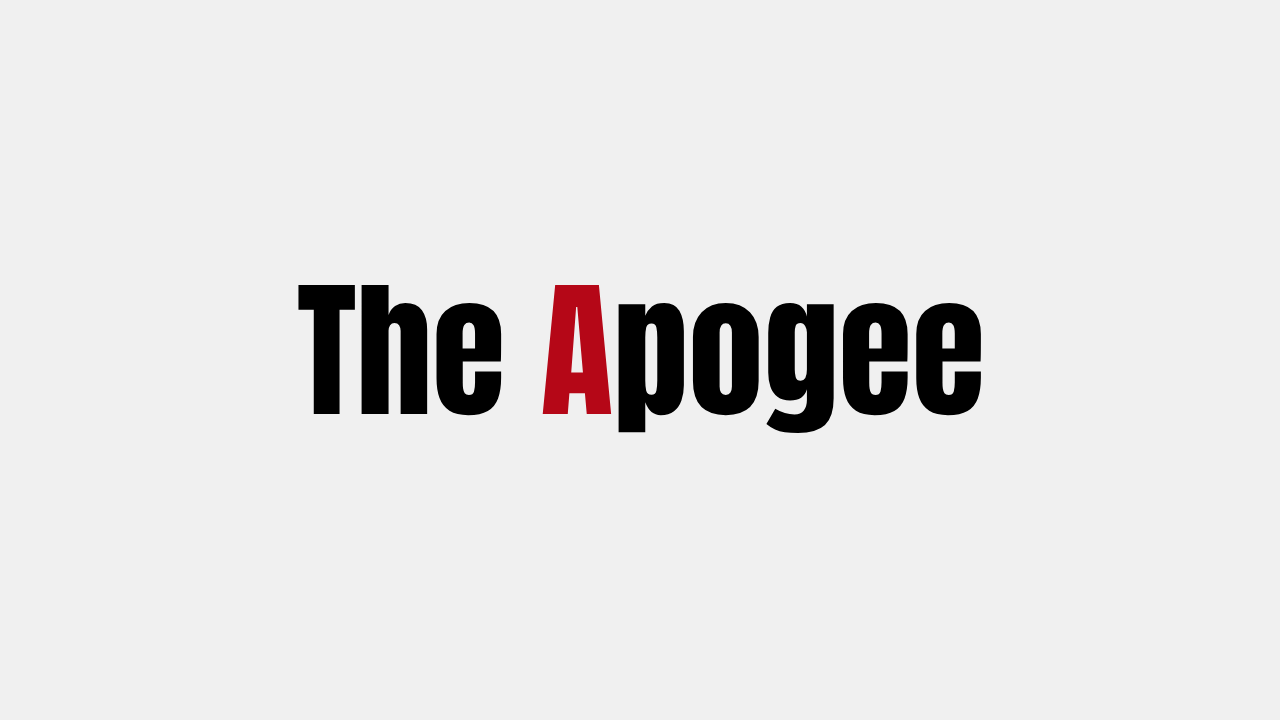Case Details:
Case Name: Saurav Das v Union of India & Ors
Case No.: Writ Petition (Civil) No. 1126 of 2022
Bench: Hon’ble M.R. Shah, J. and Hon’ble C.T. Ravikumar, J.
The Court recently dismissed a petition praying for directing the State to enable free public access to chargesheets and final reports filed under Section 173 of Cr.P.C.
The petitioners relied on the rationale established by the Apex Court in Youth Bar Association of India v Union of India, (2016) 9 SCC 473 by which the court directed sopies of the FIRs to be published within 24 hours of their registration on the police websites or on the websites of the State Governments.
The petitioners contended that directing the police to publish copies of FIRs on their websites has indeed induced transparency in the working of the criminal justice system, the logic of disclosure applies more strongly to chargesheets, for while FIRS are based on unsubstantiated allegations, chargesheets are filed after due investigation. The petitioners also placed reliance on Section 74 and 76 of the Indian Evidence Act, 1872.
The Court commented that the judgement, Youth Bar Association of India v Union of India (supra), has been misconceived by the petitioners as the rationale of the judgement was to protect the interest of the accused so that innocent accused are not harassed and they are able to get relief from the competent court and not taken by surprise.
The Court further observed that the conjoint reading of Section 173 Cr.P.C. and Section 207 Cr.P.C. the Investigating Agency is required to furnish the copies of the report along with the relevant documents to be relied upon by the prosecution to the accused and to none others. Hence, putting the chargesheets and other relevant documents on the public domain or on the websites of the State Governments it will be contrary to the Scheme of the Criminal Procedure Code and it may as such violate the rights of the accused as well as the victim and/or even the investigating agency.
The Court further commented that the documents mentioned in Section 74 of the Evidence Act only can be said to be public documents and copy of chargesheets and other necessary documents cannot be said to be a public documents within the definition of Public Documents as per Section 74 of the Evidence Act, hence reliance placed upon Sections 74 & 76 of the Evidence Act is misplaced.
The Court upon hearing the Counsels dismissed the petition for lack of merits.
The judgement can be read here: 39129_2022_4_1518_41177_Judgement_20-Jan-2023

